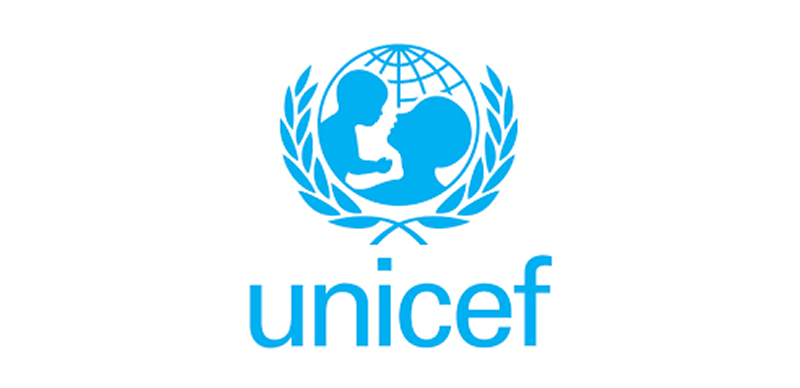Paragraph 1: The Unfulfilled Promise of Child Rights in Nigeria
Nigeria’s commemoration of the Day of the African Child in 2025 served as a stark reminder of the unfulfilled promise of children’s rights in the nation. While the day honors the courageous Soweto uprising of 1976, where children demanded a better future, Nigerian children nearly 50 years later are still echoing that same plea. Despite ratifying the UN Convention on the Rights of the Child over three decades ago, Nigeria continues to grapple with the deprivation of millions of its children. Access to fundamental rights such as clean water, healthcare, education, and protection remains elusive for far too many. This persistent gap between commitment and reality underscores the urgent need for strategic action and a re-evaluation of public spending priorities.
Paragraph 2: The Call for Strategic Public Investment and Accountability
UNICEF and key stakeholders have emphasized the critical role of strategic public investment in addressing the challenges faced by Nigerian children. Celine Lafoucriere, Chief of the UNICEF Field Office for Southwest Nigeria, highlighted the inadequacy of current public spending, noting that while budgets may experience marginal increases, the funds are often insufficient, inefficiently utilized, and poorly tracked. She stressed the imperative of translating allocated budget numbers into tangible outcomes for children, advocating for targeted questioning, meticulous tracking of funds, and impactful storytelling by journalists to drive action and accountability.
Paragraph 3: Collaboration and the Pursuit of Child-Centric Budgeting
Lafoucriere underscored the importance of collaboration among all stakeholders – government, civil society, and the media – to ensure that every Naira allocated for children reaches its intended beneficiaries. She called for collective action to advocate for budgetary planning and spending that genuinely aligns with every child’s rights. This collaborative approach, she argued, is crucial to achieving meaningful progress and ensuring that no child is left behind.
Paragraph 4: Progress and Persistent Challenges in Budget Allocation and Implementation
While acknowledging progress in some areas, UNICEF’s Social Policy Specialist, Muhammad Okorie, pointed out that the pace of change remains insufficient. He noted the commendable efforts of some states in incorporating child welfare into their development plans. However, he highlighted the persistent issue of suboptimal budget allocations and low actual spending in many regions. Okorie stressed that budgeting is merely the first step and that without adequate and equitable implementation, the fulfillment of children’s rights remains a distant goal. He emphasized the need for rigorous tracking of funds and the involvement of children in budgetary processes, recognizing their valuable insights into their own needs.
Paragraph 5: Lagos State’s Commitment to Child Welfare and Inclusive Development
Representing the Lagos State Government, Mr. Orojimi Abiodun, Director of Budget at the Ministry of Economic Planning and Budget, affirmed the state’s prioritization of child welfare. He outlined ongoing investments in essential services impacting children, including education, healthcare, nutrition, sports, and immunization. These efforts, he explained, are embedded within the state’s THEMES agenda, a framework designed to promote inclusive development and secure a better future for all. He underscored the belief that investing in children today lays the foundation for a stronger society tomorrow.
Paragraph 6: The Path Forward: Accountability, Data-Driven Policy, and Sustained Collaboration
The media dialogue culminated in a united call for enhanced accountability, data-driven policymaking, and sustained collaboration amongst media, civil society, and government. The consensus was that these elements are essential to ensuring that every child, regardless of background, has access to the opportunities and services necessary to thrive. The emphasis on data-driven approaches highlights the need for evidence-based decision-making and effective monitoring of progress. The continued collaboration among stakeholders is seen as crucial for sustained advocacy, resource mobilization, and the creation of a truly child-centric society.














